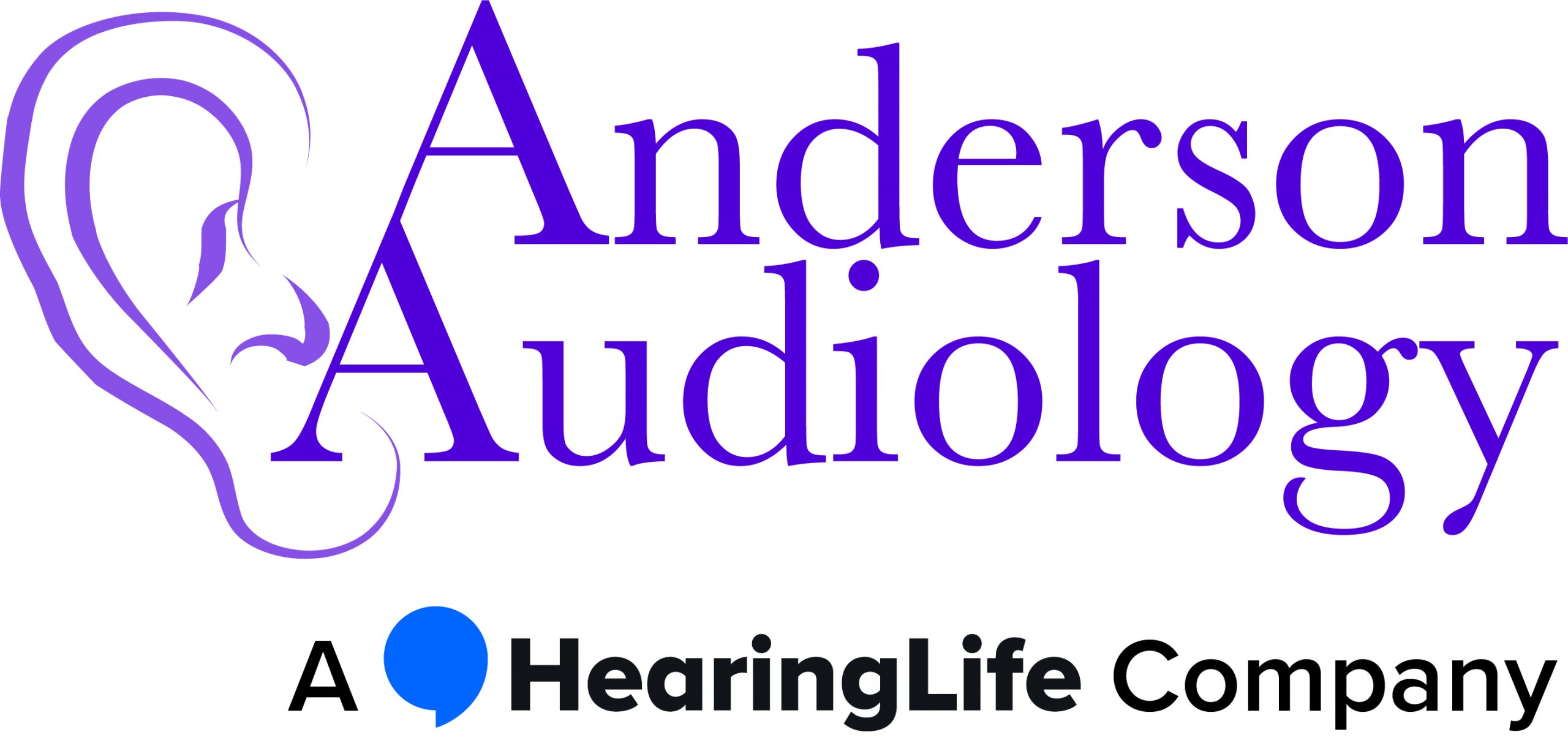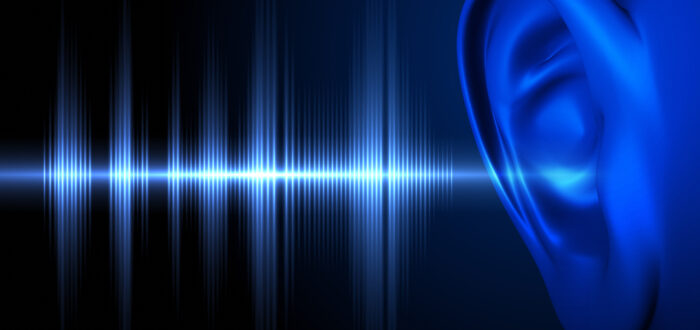Are your ears ringing even when there is no sound around you? If so, you could be suffering from tinnitus. Tinnitus can manifest as a persistent ringing, buzzing, hissing, or whistling sound in either one or both ears. Tinnitus can have a significant impact on a person’s quality of life, and it impacts millions of individuals worldwide.
Common Causes of Tinnitus
In most cases, tinnitus is a symptom of another health problem, but it can also be genetic. One cause is when tiny hairs in your inner ear that help with hearing are hurt in some way. As a result, your brain receives different signals, and you hear sounds differently.
A number of factors can contribute to this damage, including normal aging. Additional triggers for tinnitus include:
- Exposure to Loud Noise: Prolonged exposure to loud sounds, such as those encountered in industrial settings, concerts, or from recreational activities like shooting or music listening at high volumes, can damage the delicate hair cells within the inner ear. This damage is a leading cause of tinnitus.
- Age-Related Hearing Loss: Presbycusis, or age-related hearing loss, can lead to tinnitus. As people age, the structures in the inner ear naturally deteriorate, making them more susceptible to experiencing tinnitus.
- Earwax Blockage: Accumulation of earwax in the ear canal can obstruct sound waves, causing a sensation of tinnitus. Audiologists can easily resolve this issue with safe earwax removal techniques.
- Medications: Certain medications, especially those that are ototoxic (harmful to the ear), can cause or exacerbate tinnitus. These drugs may affect the cochlea or the auditory nerve.
- Medical Conditions: Tinnitus can be a symptom of underlying medical conditions, such as Meniere’s disease, ear infections, high blood pressure, temporomandibular joint (TMJ) disorders, and vascular issues.
- Stress and Anxiety: Emotional factors like stress and anxiety can worsen the perception of tinnitus. Managing these emotional aspects is an essential part of tinnitus treatment.
- Head and Neck Injuries: Trauma to the head or neck can damage the auditory system, leading to tinnitus. Such injuries may also affect the brain’s auditory processing centers.
- Vascular Disorders: Disorders affecting blood flow in the body, like atherosclerosis, can impact blood circulation to the inner ear, potentially causing tinnitus.
- Smoking and Alcohol: Lifestyle choices, such as smoking and excessive alcohol consumption, have been linked to an increased risk of tinnitus.
How Tinnitus is Diagnosed and Treated
A licensed hearing specialist will start by reviewing your medical history. You will be asked about any medications you are taking, including supplements. Hearing assessments, head and neck exams, and ear examinations are all part of the process. In some cases, a CT or MRI scan may also be needed.
There is a possibility that your hearing specialist will not be able to find the cause of your tinnitus. In that case, they will work with you to find ways to reduce or manage the symptoms better.
Treatment Options for Tinnitus
Depending on what is causing the tinnitus will determine the treatment plan.
In cases where medication is the trigger, your doctor may prescribe a different medication. You should never stop taking medicine without consulting your doctor first.
In the case of too much earwax in the ears, an audiologist can gently remove the buildup.
If high blood pressure is causing your tinnitus, your doctor can work with you to treat it. Ringing often will improve after you have blood pressure at the right levels.
Other treatment options may include:
- Hearing Aids: For individuals with hearing loss and tinnitus, hearing aids can help by amplifying external sounds and reducing the perception of tinnitus.
- Sound Therapy: Devices that produce soothing sounds, like white noise or nature sounds, can provide relief by masking the tinnitus sounds.
- Counseling and Cognitive Behavioral Therapy (CBT): Psychological approaches can help patients manage the emotional distress associated with tinnitus and reduce its impact on their daily lives.
- Medications: In some cases, medications may be prescribed to alleviate tinnitus symptoms or address underlying medical conditions.
- Tinnitus Retraining Therapy (TRT): TRT combines counseling and sound therapy to help individuals habituate to the perception of tinnitus.
Understanding what causes ringing in the ear is a crucial step in managing and alleviating tinnitus. Our licensed hearing specialists can diagnose and treat tinnitus offering a person lasting relief from their tinnitus symptoms. By addressing the root causes and providing effective interventions, we can improve the quality of life for individuals affected by tinnitus, helping them regain control over their auditory health and well-being.
Need Help? Contact Us Today!
Before attempting your own treatment for tinnitus, we recommend scheduling an appointment with us. Our professionals at Anderson Audiology are here to assist you with your hearing health. Call us today on 702-997-2964. Alternatively, click here to request an appointment online.

